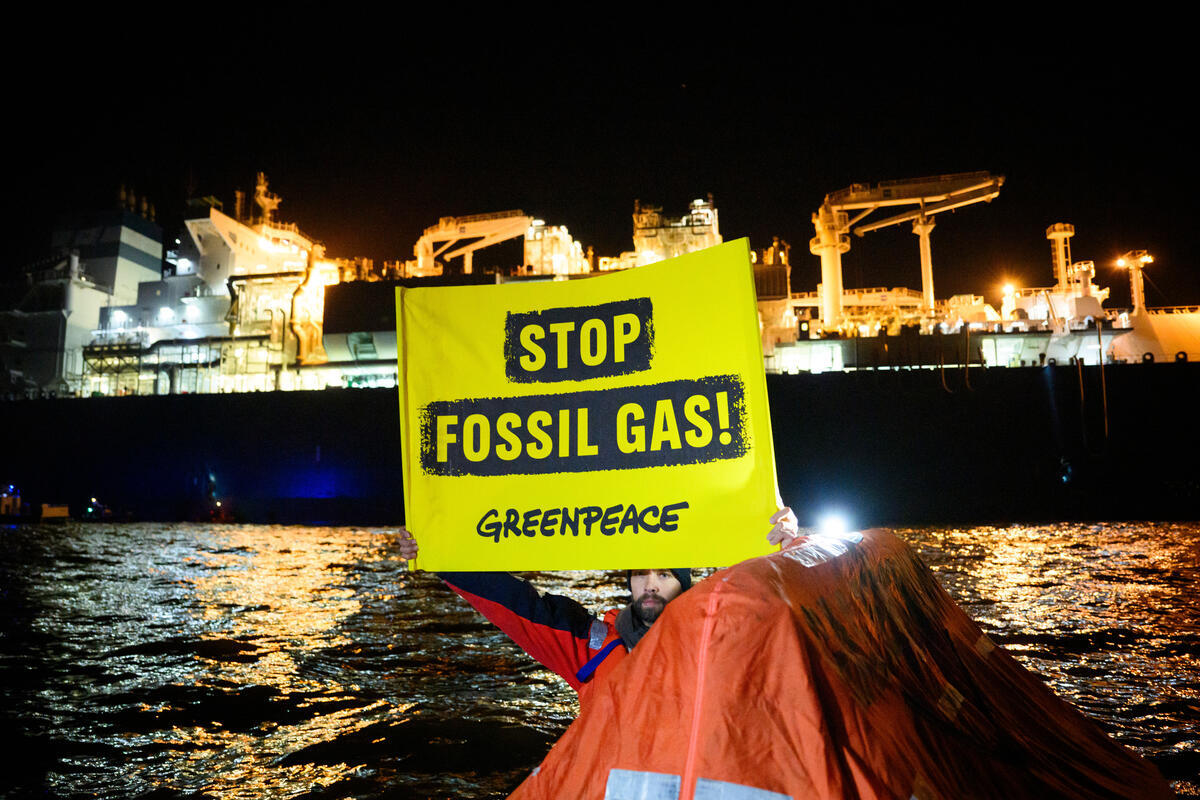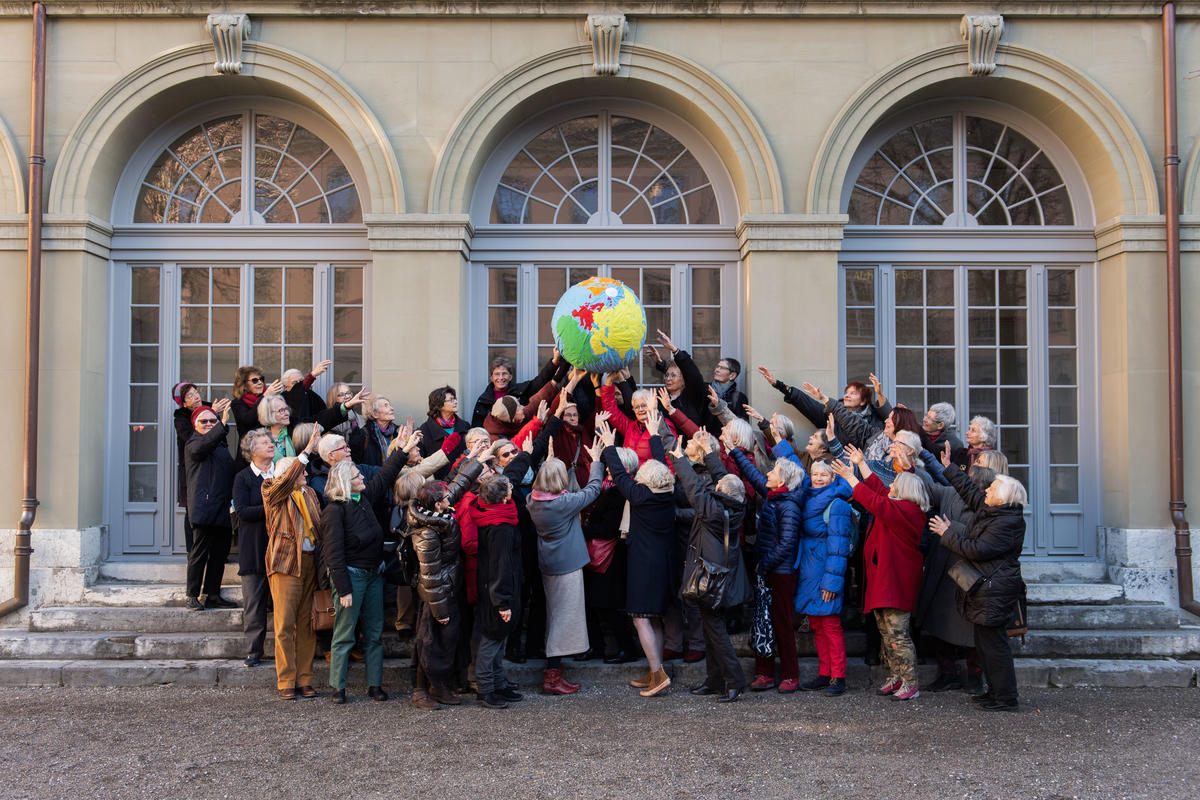Hong Kong – The World Health Organization mapping of pollution levels in cities across the world released today is a call to action to eliminate our dependence on deadly fossil fuels. This is the most comprehensive mapping of air pollution levels in cities across the world to date.
“The data shows that reliance on dirty energy is a global public health emergency. It exposes 9 in 10 people to unsafe levels of air pollution and responsible for millions of premature deaths every year,” said Lauri Myllyvirta, air pollution expert at Greenpeace East Asia.
“The rebound in the use of coal, oil and gas in 2017, which means not only increased CO2 emissions but also increased emissions of toxic air pollutants, risks people’s health and demands urgent action.
“To ensure clean air for all and save lives, governments need to urgently set strong deadlines and action plans for meeting air quality targets, and that includes quickly shifting to clean energy and clean transport.”
Highlights from the report:
- Globally, 15 out of the 20 most polluted cities are in India, while 16 of the most polluted cities in the European Union are in Poland. India, one of the countries most affected by the health impacts of air pollution, is finalising a national plan but it still lacks firm targets.
- Toxic particle pollution (PM2.5) levels exceed World Health Organization guidelines in 70% of the cities with data, with 80% of cities in the EU and a full 96% of cities in developing countries suffering from unsafe pollution levels.
- WHO’s data captures impressive progress in China, where investment in clean energy, a national air pollution action plan and strict emissions standards have driven dramatic progress, with average PM2.5 levels in the cities able to provide data falling by 30% from 2013 to 2016. However, average PM2.5 level in cities with data is still almost five times the WHO guideline, highlighting the need for new ambitious targets and measures.
- Air quality monitoring needs to be urgently expanded particularly in Southeast and South Asia, and Sub-Saharan Africa. Southeast Asia and Africa are reporting air quality for only 92 cities, fewer than the whole country of Austria.
ENDS
Notes:
Link to the WHO finding is here.
Contacts:
Greenpeace International Press Desk, [email protected], phone: +31 (0) 20 718 2470 (available 24 hours)



